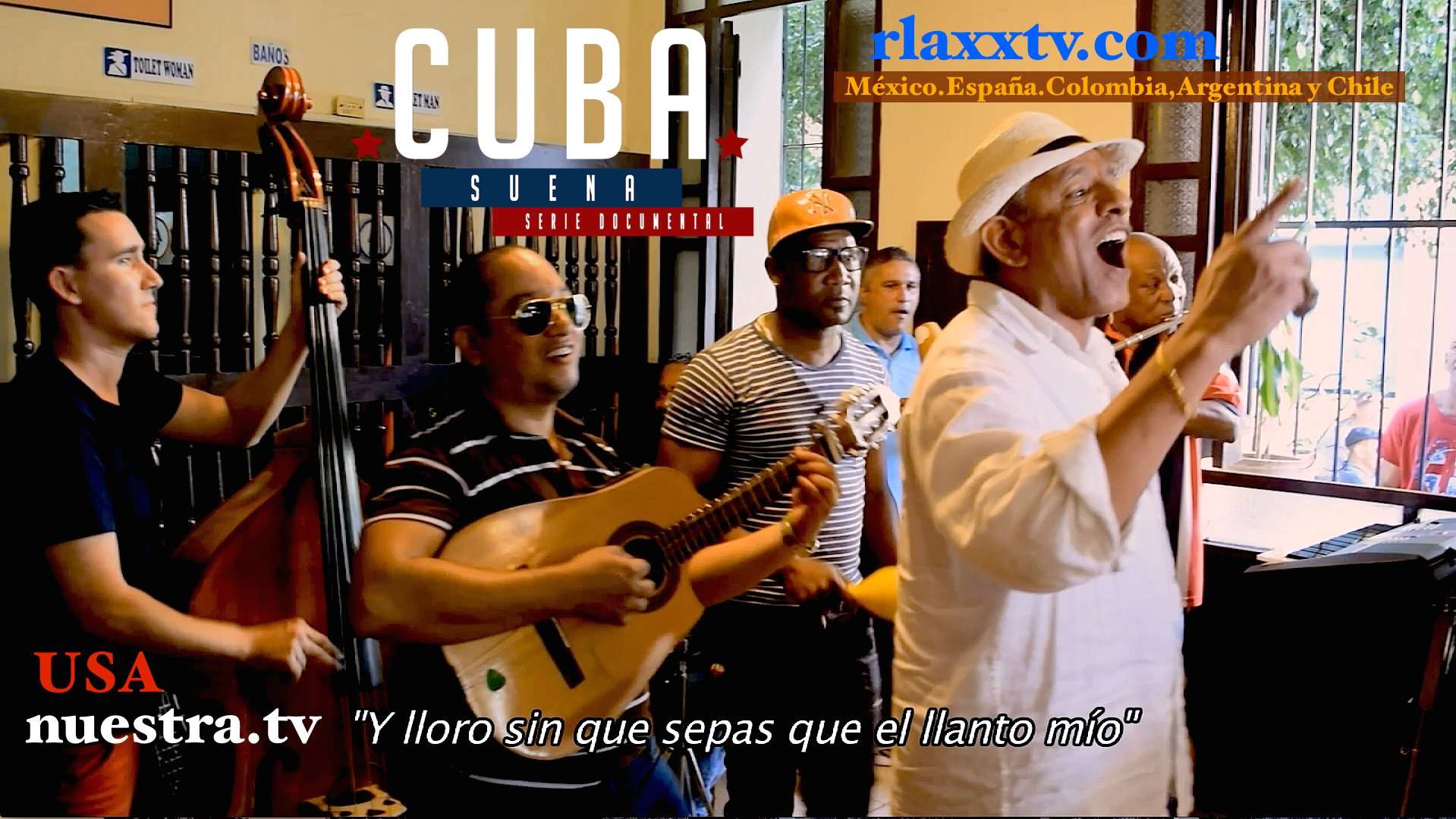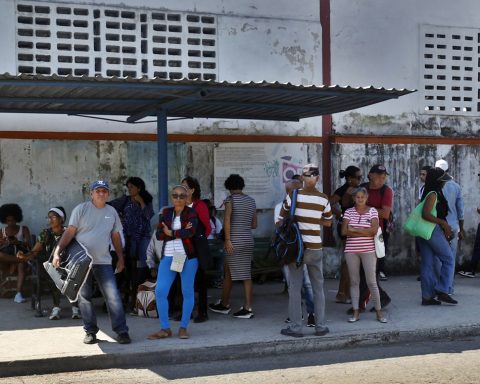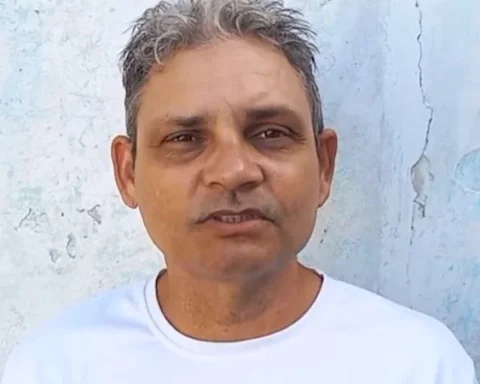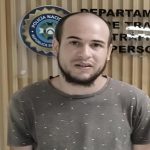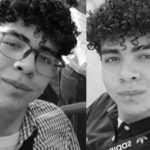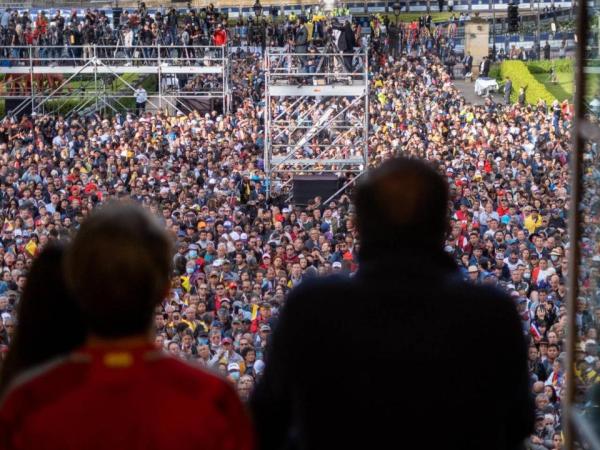the documentary series Cuba soundsreleased this month in the US, puts the period of thaw in Cuban-American relations (2014-2017) into context, something that its director Ernest Fundora defines it as «a kind of «trial/error that was not known how to capitalize».
“It was an intuition of a new cycle that unfortunately lasted four years, in which the Cuban was able to taste a small teaspoon of that splendor. But that got out of hand and that’s why we’re in the hole and digging,” said Fundora, a well-known producer of music videos, in a statement to efe.
Documentary series Cuba sounds of 17 chapters. See free by https://t.co/iMmlqCHlK4 in Spain. Mexico, Argentina. Columbia and Chile. pic.twitter.com/nYxdZ4PCK3
— Ernesto Fundora (@ErnestoFundora) February 13, 2023
According to the filmmaker, the 17-part documentary series was made “to understand the Cuban nation from all its pillars.”
“My concern is what is in the background. It can be hated or adored because it records the beauty of Cuban culture, it describes the psychological and spiritual world of the Cuban at all levels, from an ordinary person, a scientist or an artist, for which it records the soul of the things that keep us going,” Fundora said from Mexico, where she has lived for 30 years.
Culture and joy of living
The series premiered this month on the new free streaming platform in English and Spanish Our.TV (Our.TV) and, according to a statement, “takes viewers on a journey through the nation’s spirituality, culture and values, showing why the strength of the Cuban people lies in its rich culture and his cheerful philosophy of life”.
Shot on the island between 2016 and 2019, Cuba sounds records the period between the visit of Barack Obama to Cuba (2016), the death of Fidel Castro (2016) and the rise to power of Donald Trump in the US (2017) and Miguel Díaz Canel in Cuba (2019).
With elements of urban and sociological journalism Cuba soundsproposes a look from the citizenry, from real life characters and not from the state and “intends to detoxify the political and ideological neurosis that has plagued Cuba for more than 60 years of the Socialist Revolution.”
Furthermore, it shows how a civil society it is going through a stage of social and individual change and restructuring, says Fundora on the series page to explain the reason for this project.
The filmmaker brings opponents like the visual artist to the screen Luis Manuel Otero Alcantaraarrested and sentenced after the popular uprising of July 11, 2021.
“It comes out in three chapters, one dedicated to the shores, another dedicated to the pilgrimage of San Lázaro and another about the almendrones, where people usually come clean,” revealed Fundora.
A citizen look without personal injuries
Fundora, who claims to have been unable to enter Cuba for 13 years, was able to shoot without major problems on the island and says he was treated “with respect” although they did warn him not to cross “the limits.”
However, on the website of the series it is said that “Cuba sounds it would be impossible to carry out in the current legal framework of Cuba, since now every audiovisual project must be approved and advised by the State and its Institutions”.
“I perceived that another history of Cuba was beginning. The thaw generated a series of freedoms and expectations were created, there was a moment of flexibility that none of the actors knew how to take advantage of”, he explains about his idea of capturing the atmosphere of the “thaw” in the documentary series.
“I wanted to watch from the citizenry. I didn’t do it since none of my personal injuries,” the director remarked about the series, which dedicates at least three chapters to music, one to plastic arts, and another to the well-known wall of the Malecón in Havana.
According to Fundora, Cuba sounds It can also be seen “for the first time” in five Hispanic countries: Spain, Mexico, Colombia, Argentina and Chile, through the free content platform with advertising rlaxx TV.
Efe/OnCuba.
